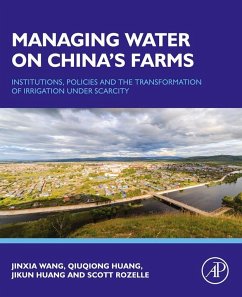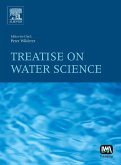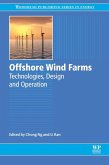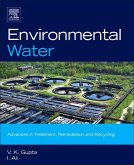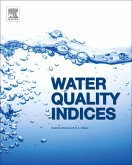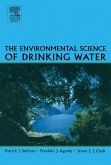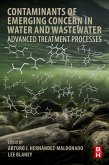Managing Water on China's Farms: Institutions, Policies and the Transformation of Irrigation under Scarcity is a comprehensive and current look at the water shortage problems in China. While China has emerged as a major player in the world economy, water is the most critical factor that limits the country's further growth. China's growing water problems also have a large impact worldwide, with public health as well as economic impacts. If China were to rely heavily on food produced outside of China, the massive volume of food imports would raise food prices internationally. This book examines a series of water issues, beginning with a description of the water shortage problems in China, particularly in the northern part of the country. It then looks at the government and farmers' responses and whether past policies have been effective in resolving the water problems.
Managing Water on China's Farms documents the change of existing and new water management institutional forms over time and across provinces throughout northern China, and then assesses the impacts of these changes in the rural sector. Finally, it examines potential solutions that the research has uncovered, answering the question: Who can build the bridge over China's troubled waters? Using analyses from information collected firsthand in China's rural villages, the series of surveys covers diverse geographic regions that are representative of north China and includes perspectives from multiple stakeholders such as village leaders, water managers, and farmers. The policy-oriented research and rich analysis in this book make it of interest to both policy makers and researchers with a focus on China water problems. This book can also be used in a Master or Ph.D. level resource economics course.
- Uses case studies including problem, factors, proposed solutions, and pros and cons of each to facilitate translational learning and application
- Uses analyses of firsthand data collected from sources of irrigation water, irrigation systems, and water users
- Covers governance and operation and maintenance (O and M) practices
- Provides an informative, quantitative, and rigorous analysis of survey results
- Provides practical and valuable data, including the detailed micro-level data that enables estimating strategies
Dieser Download kann aus rechtlichen Gründen nur mit Rechnungsadresse in A, B, BG, CY, CZ, D, DK, EW, E, FIN, F, GR, HR, H, IRL, I, LT, L, LR, M, NL, PL, P, R, S, SLO, SK ausgeliefert werden.

